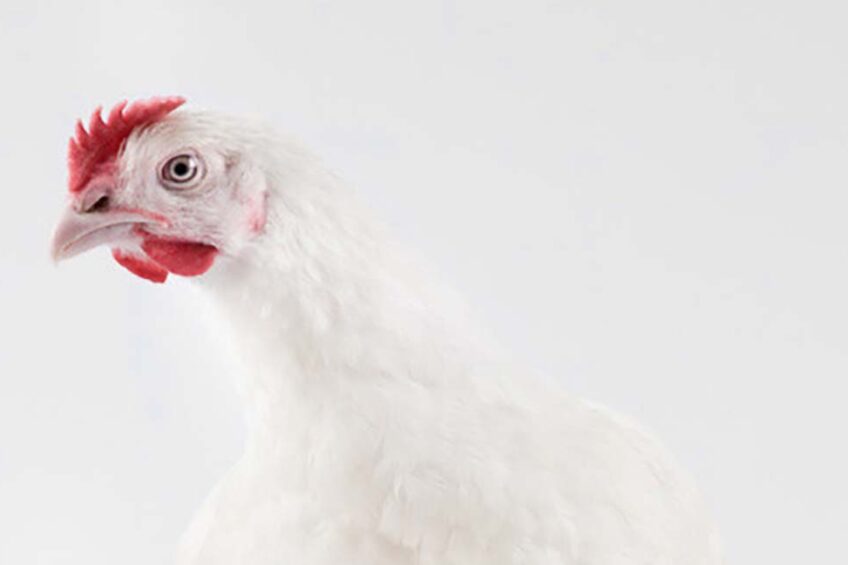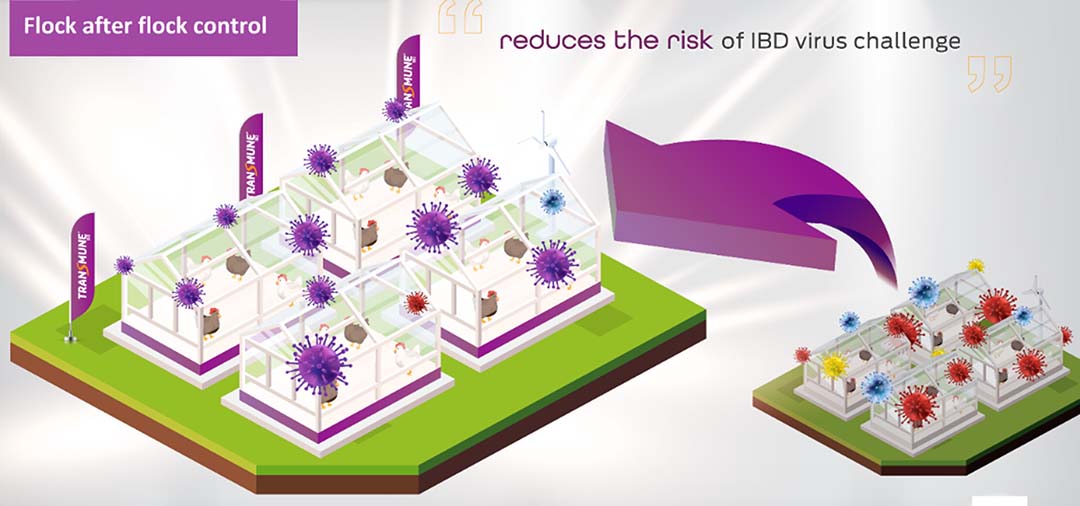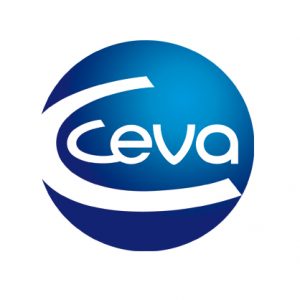Evidence of Gumboro Disease control

The objective of this article is to elucidate what can occur in the broiler production environment, as well disclose some proofs of disease control, and comparison of different tools.
As is well-known Gumboro disease can impact broiler production in several different ways, as clinical or sub-clinical disease. This way, to reach good performance parameter and production profitability it is essential for it to be controlled.
For the proper Gumboro disease control the main point is to block the bursa against the replication of the field virus in the bursa by vaccine strain.

It will cover, and avoid the replication against any field strain. As effect of the bursa blockage, and avoiding the field or challenge virus to replicate in the bursa, this virus will not be spread in the environment, what is called “virus shedding control”, or simple virus control. In the Figure 1 an example of how a vaccination can interrupt the virus replication on the bursa, and consequently the virus shedding is shown.
Figure 1- Commercial broilers vaccinated at day 1 with Transmune or a rHVT-ND-IBD vaccine and challenged at 28 days of age with against two different pathotypes: very virulent and subclinical variant. The efficacy assessment was based on challenge virus replication quantification in the bursa (at 5&10 dpch).

As the Gumboro virus is a resident virus, which can easily persist in the environment, complete Gumboro control is only possible with an application of an efficacious and well applied live Gumboro vaccine, as immune-complex.

To understand how different technologies can work for the Gumboro disease protection, see the comparison of the immune-complex vaccine Transmune versus rHVT-IBD vaccine in the Figure 2. Important to remember the difference between the two technologies, the immune-complex vaccine is composed by a live attenuated IBD virus, the recombinant technology have just the VP2 inserted in the Marek (HVT) virus. This way the VP2 will not replicate in the bursa, and not block the field virus replication. However, an immune-complex vaccine, such as Transmune, will be able to replicate and block the bursa.
Figure 2- Commercial broilers vaccinated at day 1 with Transmune or a rHVT-VP2 vaccine and challenged at 28 days of age with a vvIBDV strain from Turkey (TUR) or different Subclinical IBDV strains from USA (DelE, AVS-EL), Brazil (BR), Mexico (MX) or South Africa (ZA).

A clear difference can be observed between the 2 groups, demonstrating that the immune-complex vaccine are able to avoid the replication the challenge strain in the bursa, and in consequence prevent the virus shedding, and stop the Gumboro cycle.
Control is key
To protect the broiler performance potential, and the production profitability, the Gumboro Disease control will be key. And to reach the full control, the protection and prevention, the blockage of the bursa by an immune-complex vaccine as Transmune can contribute.
Author:
Marco Aurélio Elmer Lopes, Global Poultry Marketing






